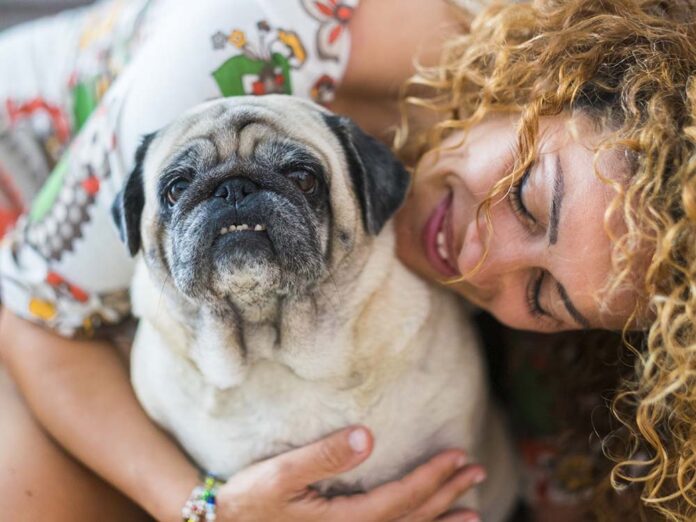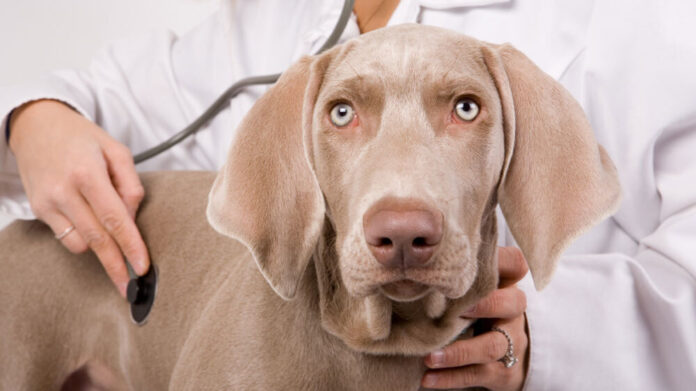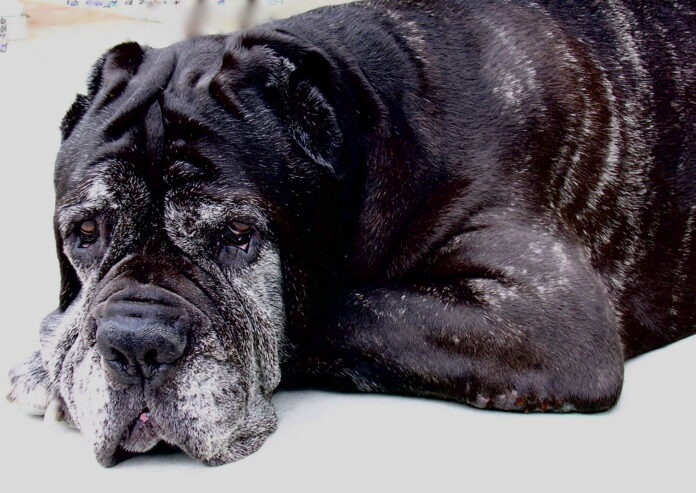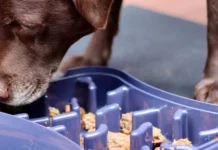
It’s common knowledge that dogs are one of the world’s best companions. They love us unconditionally. They curl up with us when it’s time for bed. They keep us company while we unwind after a hard day’s work. Unfortunately, like humans, it’s inevitable that your furry friend will also age over time.
As they grow older, it’s important to take proper care of them and educate yourself on their needs. Elederly dogs require different care than younger ones, after all.
Dogs become less mobile and lose some of their senses as they age. For example, their hearing or sight might get worse. The good news is, there are ways to keep your dog happy and healthy, even in their golden years. A great start is providing them with dog health insurance.
Follow these helpful tips to care for your elderly dog.
How Do I Know If My Dog is Aging?
Because there isn’t one age that a dog is considered “old,” it can be tricky to recognize when your dog may need some extra help.
When a dog starts to age, you’ll notice they have less energy. They might also develop cataracts or have trouble hearing. Your dog could also have less of an appetite, but increased drinking.

A dog’s organs won’t work as well as they get older, putting them at higher risk of various diseases. Luckily, your dog’s lifestyle plays a huge role in their aging process. Taking necessary steps can increase their health and keep them happy for as long as possible.
What Can I Do?
As you care for your elderly dog, expect to begin doing things a little differently to give them what they need. You may notice they’re hesitant to jump off the couch or bed like this used to, which is essentially your dog telling you they want to be set on the ground. You can buy a PAWAii Double-sided Dog Bed for your furry pal.
Dog health insurance. As your pup gets older, they may need to visit the veterinarian more often. They also are more likely to get injured or sick. Dog health insurance can help cover these costs by simply enrolling them into a plan and paying a monthly coverage.
Frequent Exercise. Similar to humans, exercising regularly can greatly benefit your dog’s overall health. A little goes a long way, so a short walk will help your dog maintain a healthy weight and get them moving when they need it most.
A Balanced Diet. Your dog’s diet has a huge effect on their health. Because elderly dogs lose energy as they age, this puts them in a position to develop obesity. To prevent weight gain, it’s a good idea to nourish them with food that is made specifically for older pups.

Grooming. Your dog’s skin and fur ages with them. As they get older, their fur can become sparse and brittle. Their skin might also become dry and irritated. To avoid any discomfort, brush your dog’s hair and give them haircuts on a regular basis.
Spend Time With Them. Aging can be a difficult experience, so it’s completely normal to feel emotional. Cherish your time with your beloved pup. We guarantee you won’t regret spending as much time as you can with them.
Caring for Your Elderly Dog
Every dog ages differently. It’s important to understand how to help your dog and keep them not only happy, but also healthy for as long as possible.








